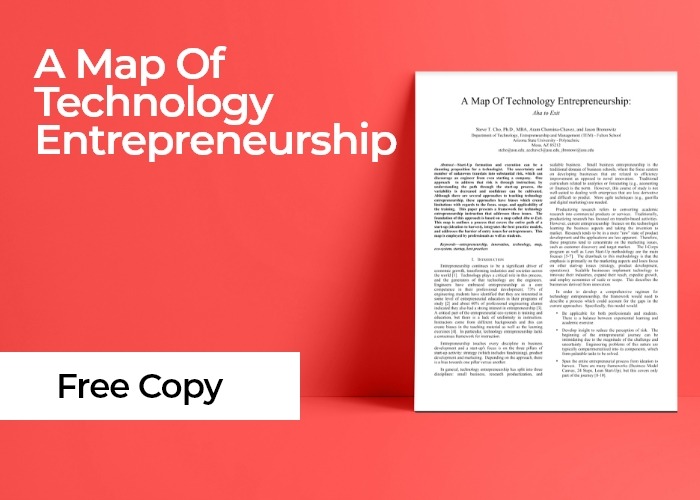Can you think of a social media influencer who has lots of followers across multiple platforms? How many sponsors and affiliates would you guess they have?
The truth is, most influencers fail to realize their market value. They aren’t treating their influence as a service backed by a business model.
So what are they missing?
Here are the main issues:
- They are not treating their followers like their C.U.L.T. (Customer, User, Lead Tester)
- They are not following up with sponsorship opportunities and asking for enough in return
- They are not turning their influence into a business
Who are social media influencers?
They’ve captured an audience by sharing their knowledge and they’ve been branded by their followers as an expert in their niche. This can be anything from a makeup artist or fitness trainer to a children’s book writer or water polo commentator. There are social influencers in almost everything imaginable.
Social media influencers share their failures and lessons learned with their community. Helping people who are a step behind them avoid roadblocks. Many have also been approached by brands to review and validate, or even promote, products or services.

Here are a few well-known examples of influencers who have turned their influence into business models:
- Neil Patel
- Built business from educating the internet about social media marketing
- Became an expert in the industry
- Sells social media education and more
- Net Worth $7-10 million
- Kayla Itsines + Fiance
- Uses social media to show client results
- 10 million followers
- Sells a fitness app
- Net Worth $486 million
- Kylie Jenner
- Started with makeup and lifestyle interest from her famous sisters
- Built her own following using social influence as a springboard
- Sells her own makeup line & skin care products
- Lip injection rumors to a company valued at $900 million
All of these examples have:
- Become experts in their fields
- Won the support of the C.U.L.T.
- Treated their social media influence like a business and secured sponsors
- Created passive income from relationships or products
I’m a social media influencer. How can I turn my influence into a business?
Building your foundation is KEY! With such a saturated market, you need to take the time to analyze and research the pain and gap, find your niche, solidify how you differ from similar influencers, how you will handle competition, your fair market value, etc. Essentially, a successful social media influencer is, in their own right, an independent company. Just like any other company, you need to take the time to analyze your market and competitive landscape.

You can start this process by creating a portfolio of foundational intellectual property.
Here’s a list of assets included in a proper foundational intellectual property portfolio:
- Foundational IP Portfolio
- Pain/Gap Discovery
- Landscape Analysis
- Competitive Landscape
- Consumer Persona Formation
- The C.U.L.T Identification
- Culture and Principles Deck
- Mission and Vision Development
- FFF(pre-seed) Funding Strategy
- Startup Bandwidth Canvas
- 6 Functions Canvas
- DIFFERENTIATION Documents
- Business Structure
- Technology Infrastructure
- Value Chain Identification
- Funding Pitch & Pitch Deck
It’s a good practice to build this foundation before you even start posting to social media and creating a following.
Don’t worry if you’ve already started posting and creating a C.U.L.T. there is still time to build your foundation! Use the Aha To Exit™ Startup Roadmap to see what you’ve missed and what you need to revisit.
Here are some final tips:
- As an influencer, only commit to your field of expertise.
- Only share content that you can back up with evidence or you truly believe in.
- Hire for your weaknesses. If you are not good at design, hire out for it.
- Start to build a strong independent team that will run with your business and you trust to run it without you – this is positioning yourself to sell your business and exit.










